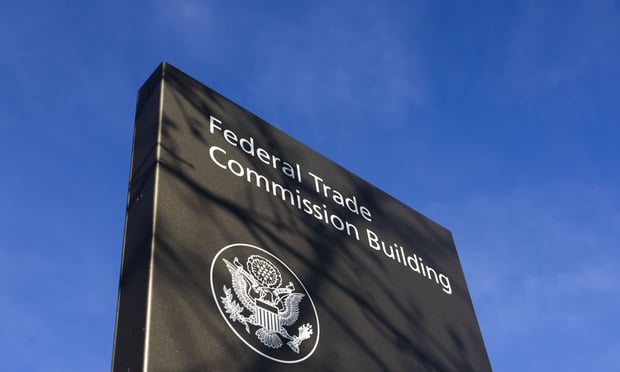 Travel is an integral part of conducting business in ourglobal economy, and it needs to be conducted with the appropriateduty-of-care standards in mind.
Travel is an integral part of conducting business in ourglobal economy, and it needs to be conducted with the appropriateduty-of-care standards in mind.
According to a recent study conducted by the Association ofCorporate Travel Executives, Business Traveler magazine, andAmerican Express Global Business Travel, the top concerns ofbusiness travelers are identity theft, political instability, andkidnapping. The idea of being stranded because of a lockdown orcurfew; an in-flight terror incident; and a major health risk suchas SARS, Ebola, or Zika are among the other major concerns forthose traveling abroad for business.
|Here are six helpful tips business travelers can use to staysafe during international travels:
|
Protect against theft of personalinformation.
- Keep copies of all major identification (passport or driver'slicense), credit cards, travel itinerary, and any other valuabledocumentation.
- If necessary, email them to yourself so you have access to theinformation in the event they get lost or stolen.
- Leave a copy of these documents with someone back at the officeor at home as well, in case you lose both the originals and thecopies.
Use antivirus, spyware security protection on alldevices.
- Make sure to use up-to-date antivirus and anti-spywaresoftware, as well as security patches and firewalls. Entities inforeign countries have been known to push fake security updateswhen a user connects to the local network. They then installmalware and spyware on the user's computer.
- Be sure to have security software on your tablet and smartphonetoo. These devices are also vulnerable and are not always as secureas your computer.

Observe travel warnings.
- Check the U.S. State Department's website for travelwarnings.
- Sign up for the Smart Traveler Enrollment Program, a freeservice that allows you to receive information about safetyconditions in your destination country.
Keep family and colleagues informed.
- Leave a detailed itinerary with your family and your office,including a list of contacts for your foreign hosts in case of anemergency.
- Register your trip with the State Department so you can benotified in case of emergency.
Observe health precautions.
- Long before your departure date, visit your primary doctor forany needed pre-trip medical care or vaccinations.
- Obtain medical I.D. bracelets that alert medical personnel tospecific conditions or allergies.
- Carry copies of prescriptions for any medications that you takeregularly. Medical personnel will need these in case of emergencybecause brand names are not the same around the world.
Know how to reach the nearest U.S.embassy.
- Know who to call if you run into trouble. Obtain the phonenumber and address for the U.S. embassy or consulate in thecountries you plan to visit.
- Also, find out how to reach emergency services around the worldby Googling “emergency phone number for [name of country].”Although 9-1-1 works in the United States and Canada, it doesn'talways in the rest of the world.
Complete your profile to continue reading and get FREE access to Treasury & Risk, part of your ALM digital membership.
Your access to unlimited Treasury & Risk content isn’t changing.
Once you are an ALM digital member, you’ll receive:
- Critical Treasury & Risk information including in-depth analysis of treasury and finance best practices, case studies with corporate innovators, informative newsletters, educational webcasts and videos, and resources from industry leaders.
- Exclusive discounts on ALM and Treasury & Risk events.
- Access to other award-winning ALM websites including PropertyCasualty360.com and Law.com.
*May exclude premium content
Already have an account? Sign In
© 2024 ALM Global, LLC, All Rights Reserved. Request academic re-use from www.copyright.com. All other uses, submit a request to [email protected]. For more information visit Asset & Logo Licensing.












